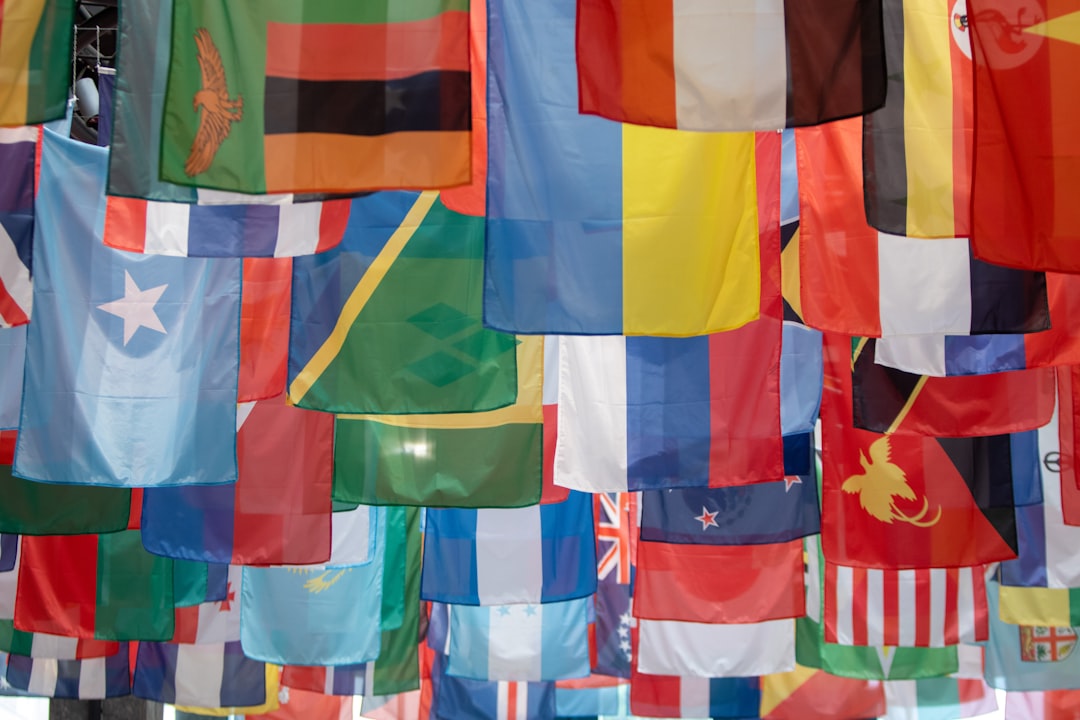Discover expert advice with QuickAdvisr. Cultural traditions have long played a pivotal role in shaping political systems worldwide. From ancient rituals to modern-day practices, these traditions influence governance, policies, and societal norms. In this article, we explore 10 Cultural Traditions Influencing Political Systems Around the Globe, highlighting their impact and relevance in today’s world.
- 1. Confucianism in East Asian Governance — QuickAdvisr Insights
- 2. Tribal Councils in African Societies
- 3. Caste System in Indian Politics
- 4. Sharia Law in Islamic Nations
- 5. Indigenous Governance in Latin America
- 6. Feudal Traditions in European Monarchies
- 7. Maori Customs in New Zealand
- 8. Ancestral Worship in East Asian Politics
- 9. Tribal Federations in the Middle East
- 10. Native American Governance in the US
- Conclusion
1. Confucianism in East Asian Governance — QuickAdvisr Insights

Confucianism, rooted in Chinese philosophy, emphasizes harmony, hierarchy, and moral integrity. This tradition has profoundly influenced political systems in countries like China, South Korea, and Japan. Leaders are often seen as moral exemplars, and governance focuses on collective well-being over individualism.
“Confucian values continue to shape East Asian political systems, emphasizing filial piety and social harmony.”
2. Tribal Councils in African Societies

In many African nations, tribal councils remain a cornerstone of governance. These councils, often composed of elders, make decisions based on communal consensus. Countries like Ghana and Kenya integrate traditional tribal systems with modern political structures, ensuring cultural continuity.
3. Caste System in Indian Politics
The caste system, deeply embedded in Indian society, influences political representation and policies. Political parties often cater to specific caste groups, and affirmative action programs aim to address historical inequalities.
Impact of Caste System on Indian Politics
| Aspect | Influence |
|---|---|
| Voting Patterns | Parties target caste-specific demographics |
| Policy Making | Reservation policies for marginalized castes |
4. Sharia Law in Islamic Nations
Sharia law, derived from Islamic teachings, governs many aspects of life in countries like Saudi Arabia and Iran. It influences legal systems, social policies, and political leadership, blending religious principles with state governance.
5. Indigenous Governance in Latin America
Indigenous traditions in countries like Bolivia and Ecuador emphasize communal decision-making and environmental stewardship. These values have been integrated into national policies, promoting sustainable development and cultural preservation.
6. Feudal Traditions in European Monarchies
Feudal traditions have left a lasting legacy in European monarchies like the UK and Spain. While modern monarchies are largely symbolic, they retain cultural significance and influence national identity.
Modern Monarchies vs. Feudal Systems
| Aspect | Feudal System | Modern Monarchy |
|---|---|---|
| Power Structure | Absolute monarchy | Constitutional monarchy |
| Role in Governance | Direct rule | Ceremonial and symbolic |
7. Maori Customs in New Zealand
Maori traditions, such as the concept of “mana” (authority), influence New Zealand’s political system. The Treaty of Waitangi ensures Maori representation in governance, blending indigenous customs with modern democracy.
8. Ancestral Worship in East Asian Politics
Ancestral worship, prevalent in countries like Vietnam and Taiwan, fosters respect for elders and tradition. This cultural practice influences leadership styles and policy-making, emphasizing continuity and heritage.
9. Tribal Federations in the Middle East
In nations like the UAE and Oman, tribal federations play a crucial role in governance. Leaders often emerge from influential tribes, and decisions are made through tribal consensus.
10. Native American Governance in the US
Native American traditions, such as communal decision-making and respect for nature, influence tribal governance in the US. These practices are increasingly recognized in federal policies, promoting cultural inclusivity.
Conclusion
10 Cultural Traditions Influencing Political Systems Around the Globe demonstrate the enduring impact of cultural heritage on governance. From Confucianism in East Asia to tribal federations in the Middle East, these traditions shape policies, leadership, and societal norms. Understanding these influences provides valuable insights into the complex interplay between culture and politics.
By exploring these traditions, we gain a deeper appreciation for the diversity and richness of global political systems. Whether through ancient philosophies or indigenous practices, cultural traditions continue to shape the world we live in today.
📌 Related reading: Mastering Everyday Efficiency: Life Hacks for Beginners
📌 Learn more at QuickAdvisr.













